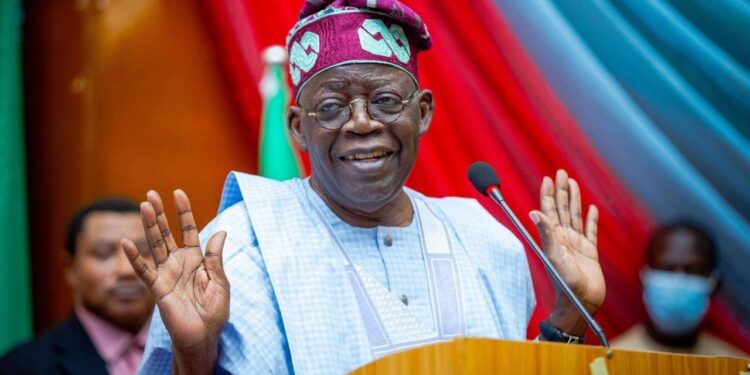Morgan Stanley has released a report projecting a significant economic revival for Nigeria, following the implementation of President Bola Ahmed Tinubu’s reform policies. The ‘Market Outlook: Nigeria’s New Dawn’ report, published by outlines the potential for Nigeria to experience robust GDP growth and the establishment of a new consumer class as a result of President Tinubu’s economic reforms.
The report contrasts the new administration’s approach with the policies of former President Muhammadu Buhari, which it says led to economic stagnation and a decline in average income for Nigerians. Under Buhari’s leadership, interventionist policies such as multiple foreign exchange rates and persistent fuel subsidies created significant economic bottlenecks, hindering private sector growth and resulting in an average growth rate of only 1.4% over his eight-year tenure.
In his inaugural address, President Tinubu tackled these longstanding issues head-on. He announced the abolition of the $10 billion fuel subsidies that were in place in 2022, which disproportionately benefited the wealthy and left only 3% of subsidized fuel for the poorest citizens. Additionally, he took steps to unify exchange rates to combat currency overvaluation—a move aimed at simplifying the complex currency regime that had previously been a hurdle for economic stability.
. The sectors poised to benefit most from an economic upturn include telecom, consumer goods, and durables.
Morgan Stanley’s outlook is optimistic about Nigeria’s future under President Tinubu’s leadership. The report predicts that if Tinubu successfully reverses the damaging policies of his predecessor, Nigeria could achieve a targeted annual GDP growth rate of 6%, signaling a new era of prosperity and private investment in the country.









